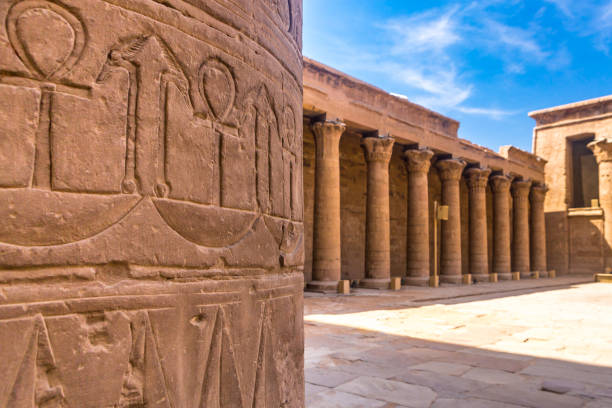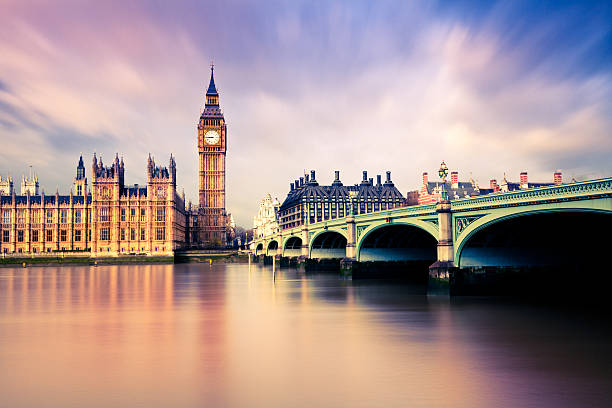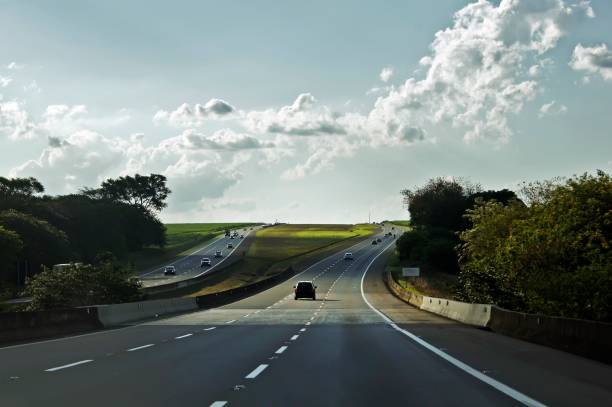Viaggio
Il grande divieto dei social media: l’Australia è all’avanguardia nella protezione dei giovani online
Pubblicità
Il primo ministro Anthony Albanese ha elogiato la legge, affermando che fornirà la tanto necessaria protezione dei bambini contro gli abusi online. Albanese ha sottolineato che ora le piattaforme dei social media hanno la responsabilità di dare priorità alla sicurezza dei giovani utenti. Alle piattaforme è stato concesso un anno di tempo per implementare il divieto, prima di incorrere in multe in caso di inosservanza. Tuttavia, diverse parti interessate hanno espresso preoccupazioni circa la rapida attuazione della legge e il suo potenziale impatto sui minori.
Meta Platforms, la società proprietaria di Facebook e Instagram, ha criticato la legge, definendola affrettata, e ha espresso preoccupazioni circa la sua praticità ed efficacia. Anche la Digital Industry Group Inc. (DIGI) ha espresso preoccupazione per l'impatto della normativa sui minori e per la mancanza di chiarezza sulla sua applicazione. Il direttore generale di DIGI, Sunita Bose, ha sottolineato la necessità di comprendere meglio i requisiti imposti dalla legge.
La versione rivista della legislazione prevede una maggiore tutela della privacy, impedendo agli utenti di fornire dati identificativi personali quali passaporti o patenti di guida. I critici del divieto sostengono che, vietando ai bambini di utilizzare i social media, la privacy di tutti gli utenti potrebbe essere compromessa, poiché le piattaforme potrebbero ora cercare di verificare l'età di tutti gli utenti per garantire il rispetto della legge.
Sebbene i principali partiti politici australiani sostengano il divieto, i sostenitori del benessere dei minori e della salute mentale hanno espresso preoccupazione per le possibili conseguenze indesiderate. Il senatore David Shoebridge del partito dei Verdi ha avvertito che il divieto potrebbe isolare i giovani vulnerabili che fanno affidamento sui social media per ottenere sostegno, in particolare quelli delle comunità regionali e della comunità LGBTQI. Sono state concesse esenzioni dal divieto ai servizi sanitari e educativi come YouTube, Messenger Kids, WhatsApp, Kids Helpline e Google Classroom.
La senatrice dell'opposizione Maria Kovacic ha difeso la legge definendola necessaria ma non estrema, sottolineando che essa richiede alle aziende di social media di adottare misure ragionevoli per identificare e rimuovere gli utenti minorenni dalle loro piattaforme. Ha sostenuto che queste aziende hanno la responsabilità di dare priorità alla sicurezza dei bambini rispetto ai profitti e avrebbero dovuto applicare queste misure molto prima che la legge venisse introdotta.
La sostenitrice della sicurezza online Sonya Ryan, la cui figlia Carly è stata tragicamente assassinata da un predatore online, ha elogiato la decisione del Senato, definendola un passo significativo verso la protezione dei bambini dai pericoli della rete. Ha sottolineato l'importanza di prevenire simili tragedie in futuro e ha sollecitato un'azione collettiva per salvaguardare i giovani online. Wayne Holdsworth, il cui figlio Mac è stato vittima di sfruttamento online, ha espresso il suo orgoglio per l'approvazione del limite di età, sottolineando l'importanza di proteggere i giovani vulnerabili dai pericoli della rete.
I critici della legge, tuttavia, sostengono che essa trascura i potenziali benefici dei social media per la salute mentale e le relazioni tra i giovani. Christopher Stone, della Suicide Prevention Australia, ha criticato la legge perché non tiene conto dell'impatto positivo dei social media sui giovani e ha messo in guardia dal prendere decisioni affrettate senza prove sufficienti. Ha chiesto un approccio più articolato all'elaborazione delle politiche, che tenga conto delle diverse esigenze dei giovani australiani.
Nonostante l'opposizione delle principali piattaforme di social media come Meta Platforms e Snapchat, il governo australiano ha continuato a portare avanti il divieto, motivando le preoccupazioni sulla sicurezza online dei bambini e le ansie dei genitori. I critici temono che il divieto possa inavvertitamente danneggiare i giovani utenti, privandoli di risorse online e spingendoli verso piattaforme meno regolamentate. Alcuni sostengono che l'attuazione affrettata della legge comporta rischi per la privacy di tutti gli utenti e compromette l'autonomia dei genitori.
Mentre il governo cerca di rispondere alle preoccupazioni dei genitori sull'uso dei social media da parte dei figli in vista delle imminenti elezioni generali, il dibattito sul divieto continua a dividere le parti interessate. Mentre i sostenitori la considerano una misura necessaria per proteggere i bambini dai pericoli della rete, gli oppositori mettono in guardia dalle conseguenze indesiderate e dalle potenziali limitazioni all'accesso dei giovani a utili strumenti online. Il prossimo anno sarà cruciale per stabilire come verrà implementata questa legislazione e quale sarà il suo impatto sul panorama digitale in Australia.





